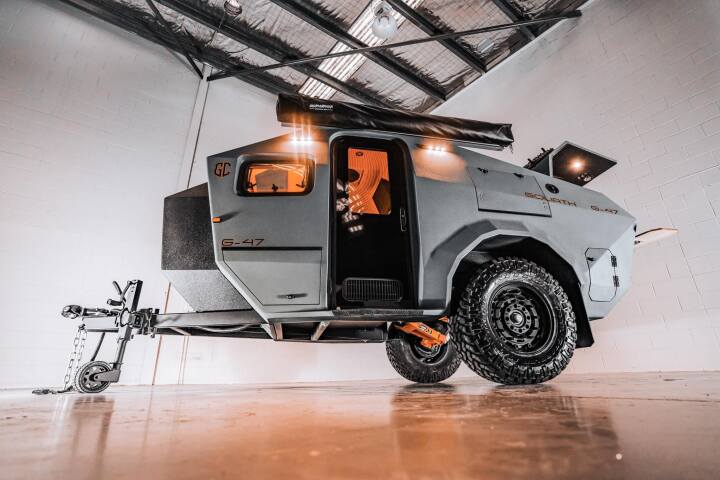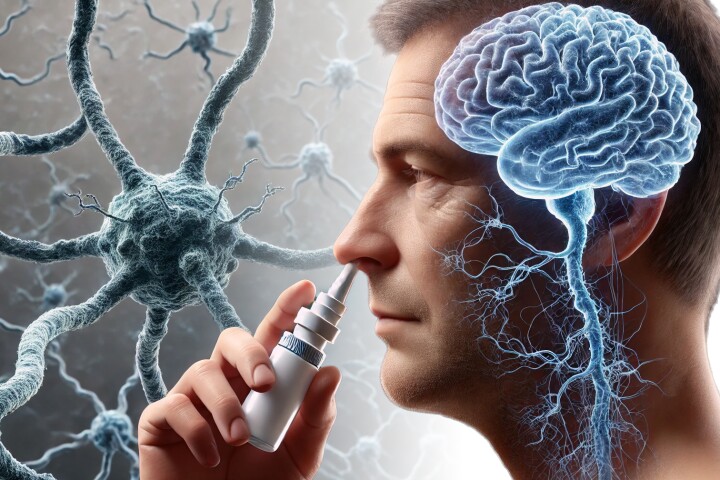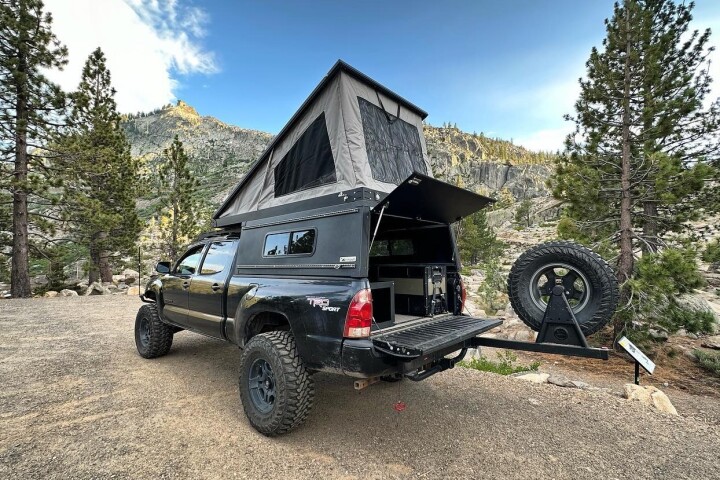An update from Pfizer on an ongoing clinical trial of its mRNA COVID-19 vaccine in children under the age of five is reporting two small doses do not generate effective immune responses in two to five year-olds. The trial is now being amended to add a third dose, meaning it is unlikely this age group will have access to the vaccine before the second quarter of 2022.
Although Pfizer’s mRNA COVID-19 vaccine was recently authorized for emergency use in five to 11 year-old kids, those with young children are set to wait a few more months before they will have access to the vaccine. A new statement from the company indicates disappointing immune responses have been recorded in a cohort of two to five year-olds.
The ongoing trial is testing a very small dose of its mRNA vaccine in children aged between six months and five years. The dose being trialled is just three micrograms, one-tenth of the dose administered to adults and a third of the dose being given to five to 11 year-olds.
An independent data monitoring committee has reportedly evaluated immunogenicity data from the ongoing trial and found two doses of the small child formulation was not enough to produce effective immune responses in two to five year-olds. The Pfizer statement notes an effective immune response was, however, detected in the cohort aged six to 24 months.
Instead of upping the dose the company has now amended its trial protocol to add a third three-microgram dose administered at least two months after the second. What this means is that, if ultimately successful, the vaccine will not be available to those under the age of five until well into 2022.
Speaking to CNN, Anthony Fauci, director of the National Institute of Allergy and Infectious Diseases, said he was hoping the vaccine would be accessible to young children sooner but this delay is important in terms of getting the dose right.
“…at least from what Pfizer is saying, by the time they get all of the necessary data and go through all of the procedure of getting an emergency use authorization, unfortunately, it's not going to be until the second quarter,” said Fauci. "But you want to really get the right dose and the right regimen for the children. So although you don't like there to be a delay, you want to get it right, and that's what they're talking about. "
On a more promising note, Pfizer has reported the small child dose being tested in the trial does not generate any adverse effects in the cohort of six month to five year-olds, so it is at least safe. The company is also trialling third mRNA vaccine doses in cohorts of older children with the hope of regulatory approval for boosters in those age groups by early 2022.
Source: Pfizer




